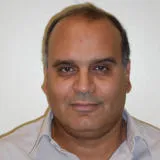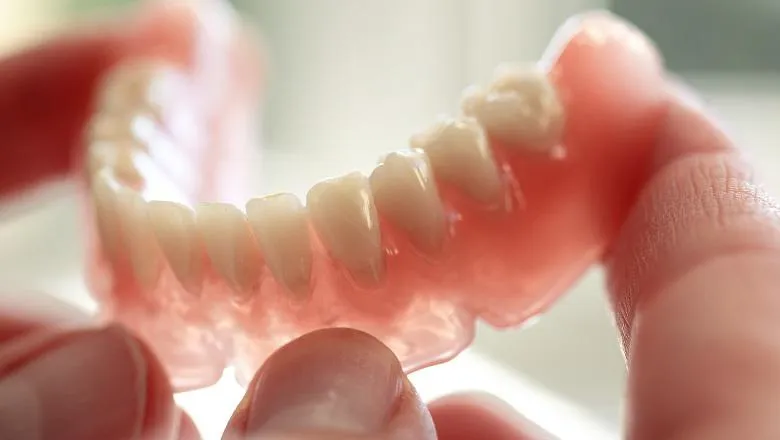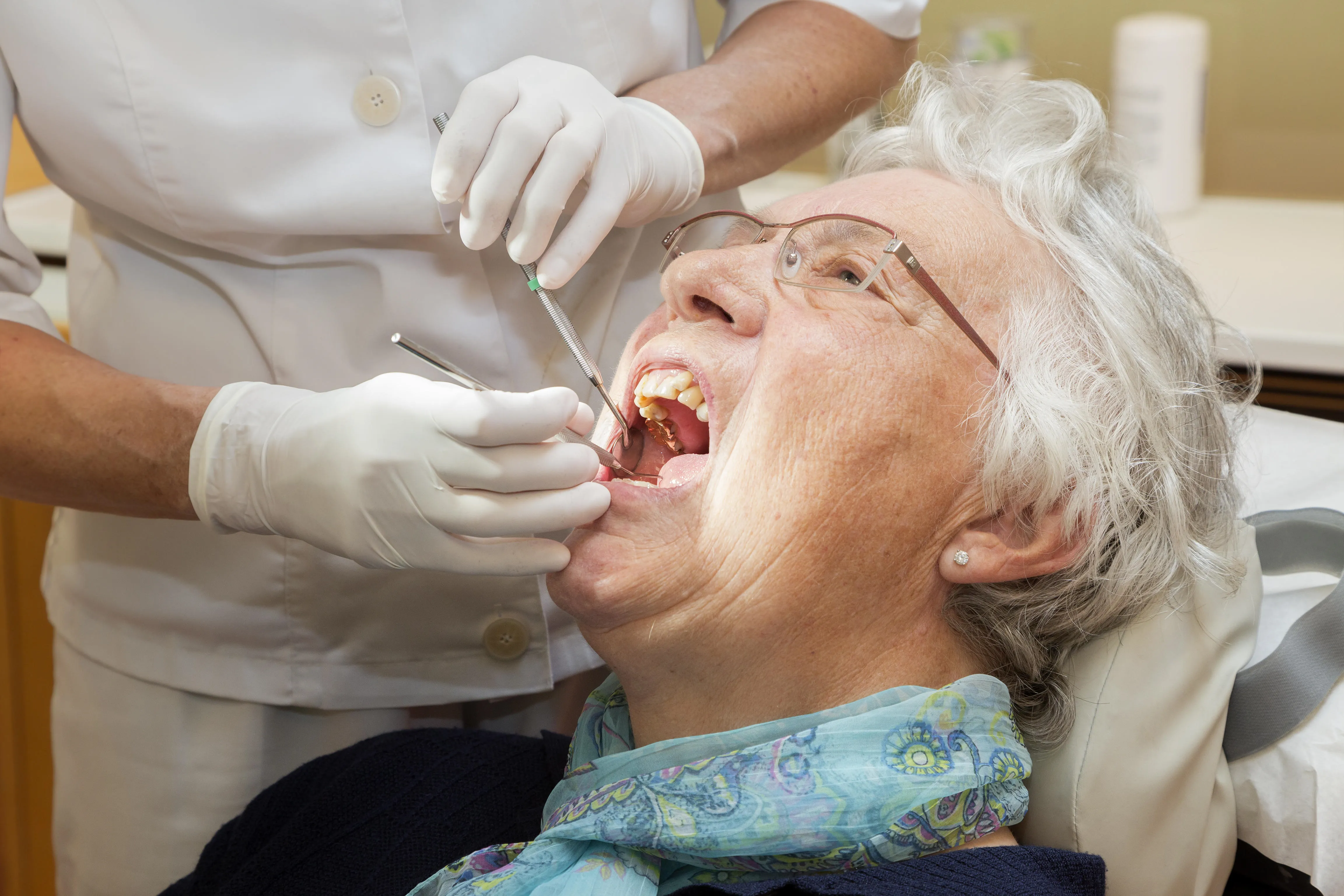
Dr Wael Sabbah
Senior Lecturer in Dental Public Health
- Programme Director for Dental Public Health
Research interests
- Dentistry
Biography
Dr Sabbah is a Senior Lecturer of Dental Public at the Health Faculty of Dentistry, Oral & Craniofacial Sciences, King’s College London (KCL) and is currently Course Lead for the MSc in Dental Public Health programme.
Dr Sabbah joined KCL as a Senior Lecturer in Dental Public Health in October 2013. He moved to London from Portland, Oregon, USA, where he was employed as an Associate Professor of Community Dentistry in Oregon Health & Science University.
Dr Sabbah obtained his PhD degree from University College London (UCL) in 2007 and was employed as a Research Fellow in the Department of Epidemiology and Public Health at UCL, after completing his PhD. He finished his speciality training program in Dental Public Health at the University of Toronto, Canada, where he obtained a Diploma in Dental Public Health and MSc degree. His BDS degree was obtained from University of Alexandria, Egypt.
He has considerable experience in oral epidemiology, biostatistics, research methods and health services research. Major areas of research interest include social epidemiology, inequalities in oral and general health, inequalities in the provision of oral health services, the relationship between oral and general health and evidence-based reviews of dental interventions. He has been involved in writing a number of research grants to the NIH (USA), ESRC (UK), and NHS (UK). He has several publications in peer reviewed international journals. He is in editorial boards in a number of international journals. Dr Sabbah had supervised more than 30 MSc and PhD students in UK and USA universities.
Research

Dental Public Health
We are an international group of experts in public health, epidemiology and health services. We work collaboratively with colleagues around the world to conduct mixed methods research aiming to improve population oral health, reduce oral health inequalities, and strengthen the organisation and delivery of dental services.

Centre for Host-Microbiome Interactions
Millions of microorganisms live in and on our bodies forming microbiomes on different surfaces. Researchers in the Centre for Host Microbiome Interactions study our relationship with these bacteria and fungi in health or in oral and systemic diseases such as periodontitis, candidiasis, oral cancer and Alzheimer’s disease.
News
Over 50s with fewer teeth at risk of frailty
Over 50s with fewer than 20 teeth at higher risk of musculoskeletal frailty

Over 50s with fewer than 20 teeth at higher risk of musculoskeletal frailty
New research by scientists at King’s College London has found that tooth loss may contribute to musculoskeletal frailty in the over 50s, with those with fewer...

Research

Dental Public Health
We are an international group of experts in public health, epidemiology and health services. We work collaboratively with colleagues around the world to conduct mixed methods research aiming to improve population oral health, reduce oral health inequalities, and strengthen the organisation and delivery of dental services.

Centre for Host-Microbiome Interactions
Millions of microorganisms live in and on our bodies forming microbiomes on different surfaces. Researchers in the Centre for Host Microbiome Interactions study our relationship with these bacteria and fungi in health or in oral and systemic diseases such as periodontitis, candidiasis, oral cancer and Alzheimer’s disease.
News
Over 50s with fewer teeth at risk of frailty
Over 50s with fewer than 20 teeth at higher risk of musculoskeletal frailty

Over 50s with fewer than 20 teeth at higher risk of musculoskeletal frailty
New research by scientists at King’s College London has found that tooth loss may contribute to musculoskeletal frailty in the over 50s, with those with fewer...

